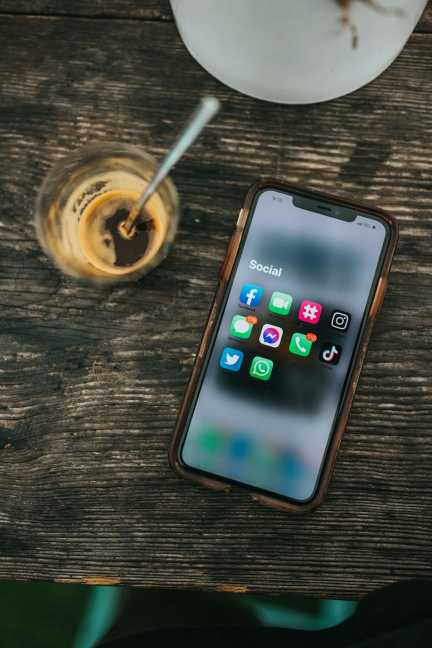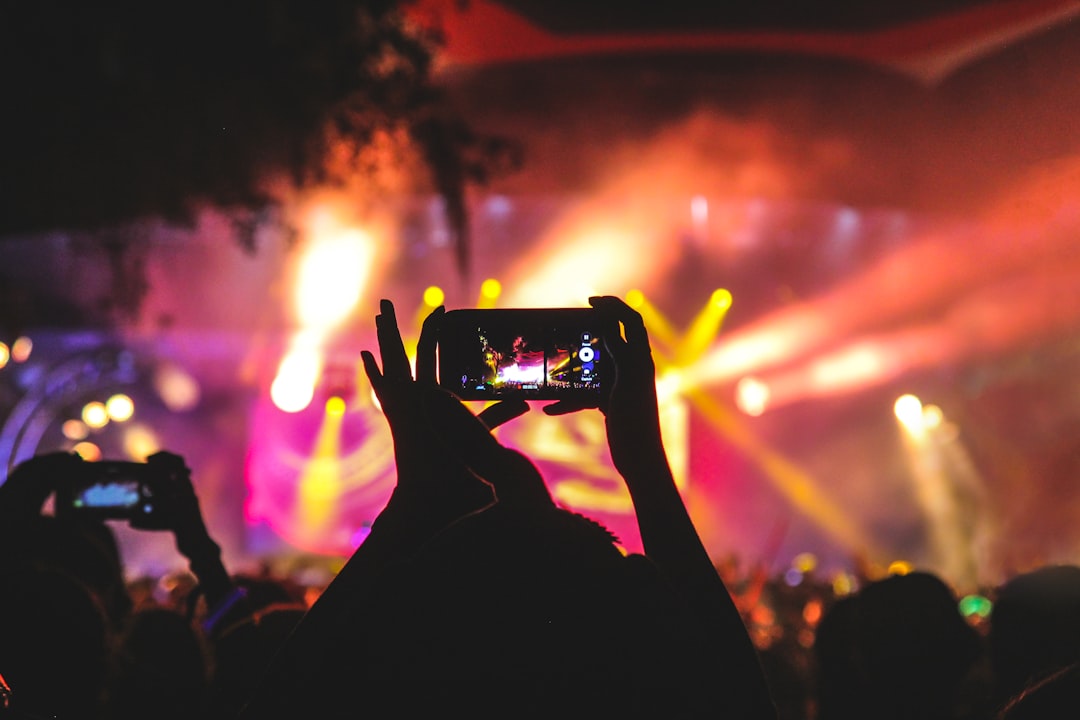In today’s digital age, social media has become an integral part of our daily lives. From staying connected with friends and family to sharing moments of our lives, social media platforms such as Facebook, Instagram, Twitter, and Snapchat have revolutionized the way we interact with one another. However, while social media has its benefits, there is also a dark side to it that often goes unnoticed – addiction and mental health risks.
Social media addiction is a growing concern, with studies showing that excessive use of social media can have a negative impact on mental health. The constant need to check notifications, likes, and comments can lead to addictive behaviors that interfere with daily life. People who are addicted to social media may spend hours scrolling through their feeds, neglecting responsibilities, and becoming isolated from real-life interactions.
One of the main reasons why social media addiction is so prevalent is the dopamine rush that comes from receiving likes and comments on posts. Every time we share something on social media, we are essentially seeking validation from others. When we see that our posts are being liked and commented on, our brain releases dopamine, a feel-good chemical that reinforces the behavior. This can create a cycle of seeking validation through social media, leading to addiction.
Social media addiction can also have a negative impact on mental health. Studies have shown that excessive use of social media has been linked to increased feelings of anxiety, depression, loneliness, and low self-esteem. The constant comparison to others’ highlight reels can lead to feelings of inadequacy and jealousy. People may also feel pressured to maintain a certain image on social media, leading to stress and anxiety.
In addition to addiction, social media can also pose risks to mental health in other ways. Cyberbullying is a growing problem on social media, with individuals launching attacks on others behind the mask of anonymity. The constant fear of being targeted can lead to anxiety and depression. Moreover, the curated nature of social media can create unrealistic expectations about life, causing people to feel dissatisfied with their own lives.
The impact of social media on mental health is particularly concerning among young people. Research has shown that teenagers and young adults who spend a significant amount of time on social media are more likely to experience mental health issues such as anxiety and depression. The pressure to fit in and portray a perfect image on social media can lead to feelings of insecurity and low self-worth.
It’s important to recognize the signs of social media addiction and take steps to address it. Setting time limits for social media use, practicing mindfulness, and seeking support from loved ones can help break the cycle of addiction. It’s also important to remember that what we see on social media is often a curated version of reality. Comparing ourselves to others’ highlight reels is not productive and can lead to feelings of inadequacy.
In addition to addressing social media addiction, it’s important to create a healthy relationship with social media. This includes being mindful of the content we consume and how it affects our mental health. Unfollowing accounts that make us feel bad about ourselves, limiting our time on social media, and focusing on real-life connections can all help promote a healthier relationship with social media.
As our reliance on social media continues to grow, it’s important to be aware of the potential risks it poses to our mental health. By recognizing the signs of addiction, practicing mindfulness, and creating a healthy relationship with social media, we can mitigate the negative impacts it can have on our mental well-being. Remember, it’s important to prioritize our mental health and well-being above all else. Let’s strive to use social media in a way that benefits us rather than harms us.












